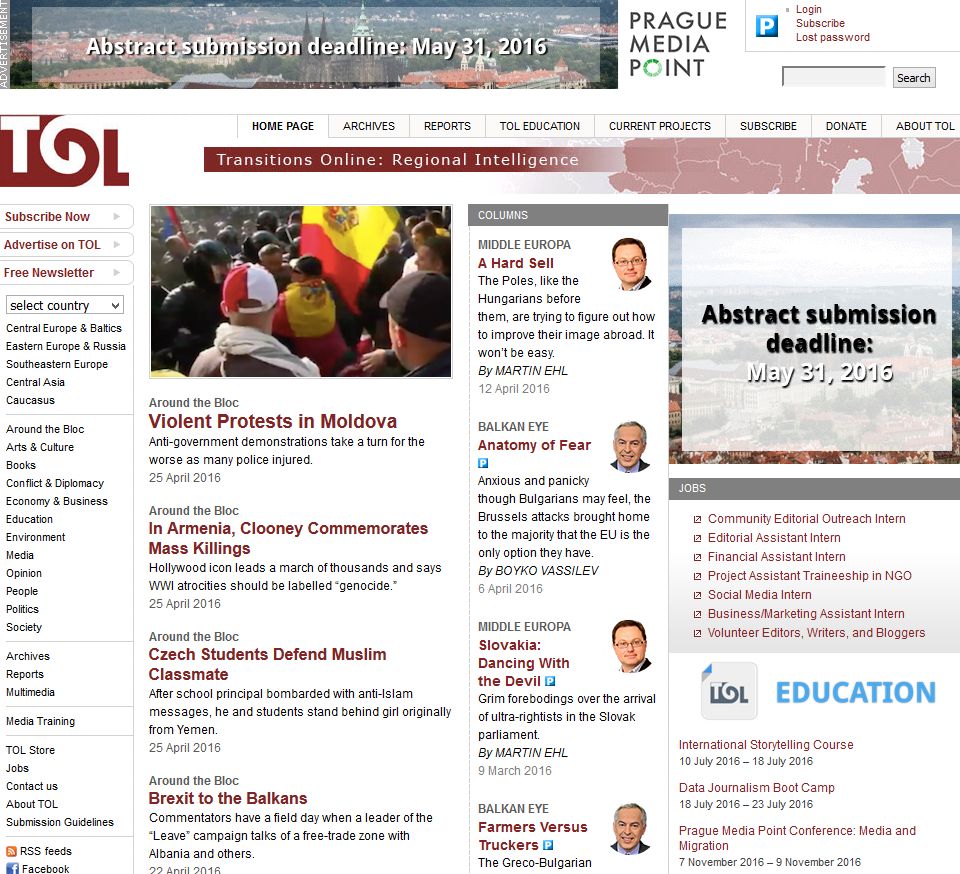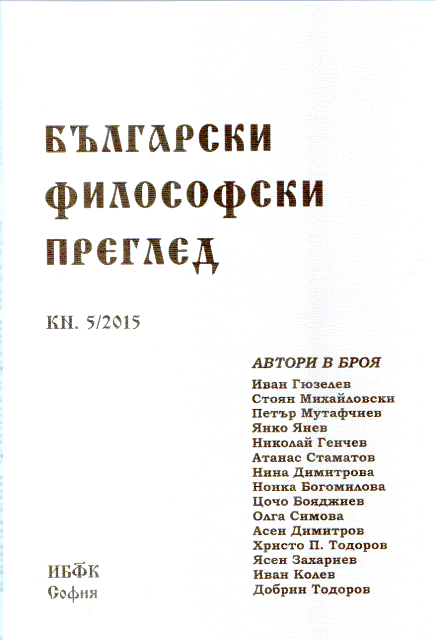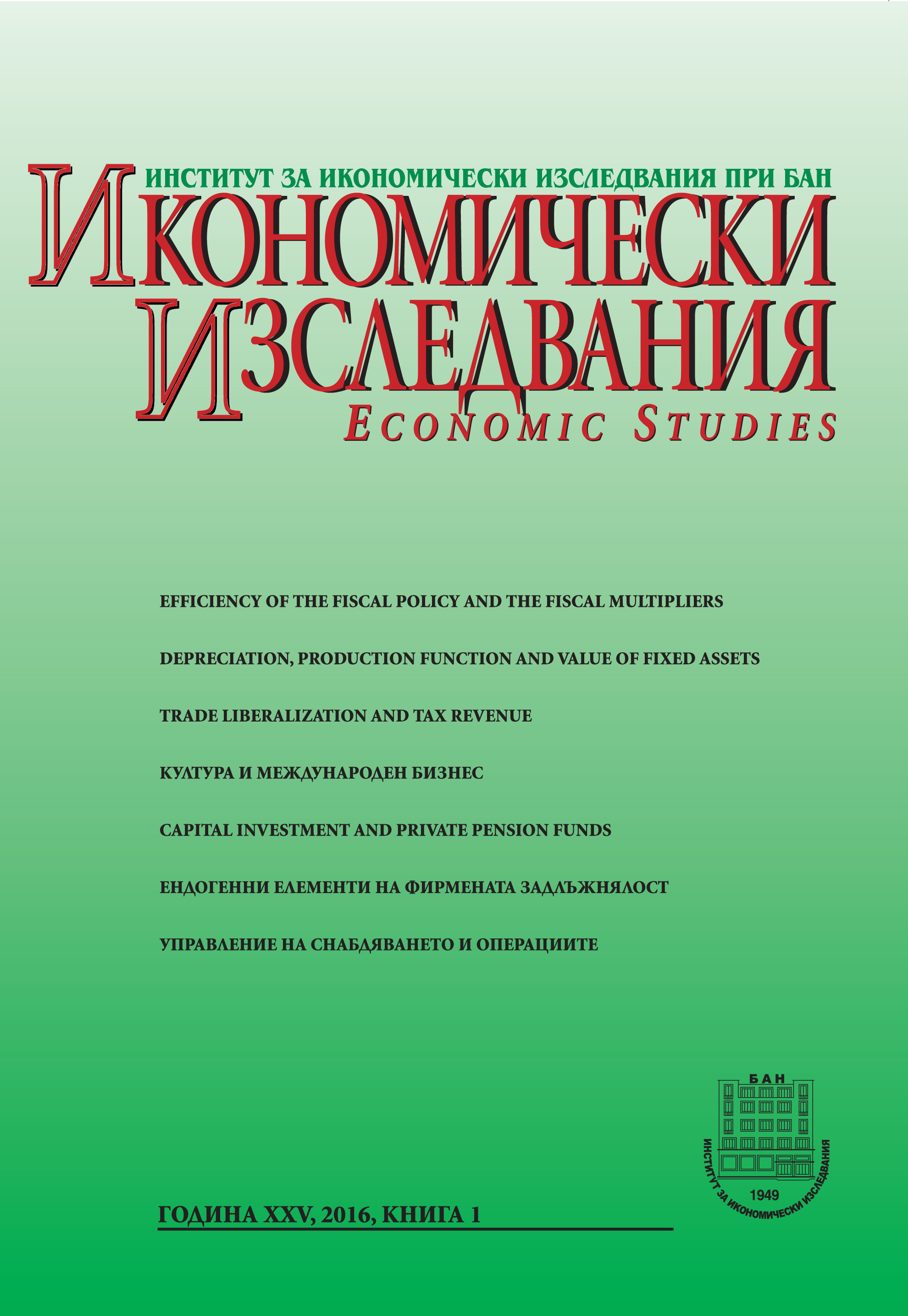
Around the Bloc: Russian Faux Pas in Mongolia
Around the Bloc: Russian Faux Pas in Mongolia
Keywords: Russia, Mongolia, Lavrov, Zakharova, Diplomat, Jeans, Disrespect
Locals feel snubbed after Russian foreign minister arrives for an official visit wearing jeans.
More...

